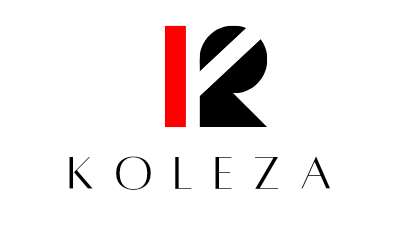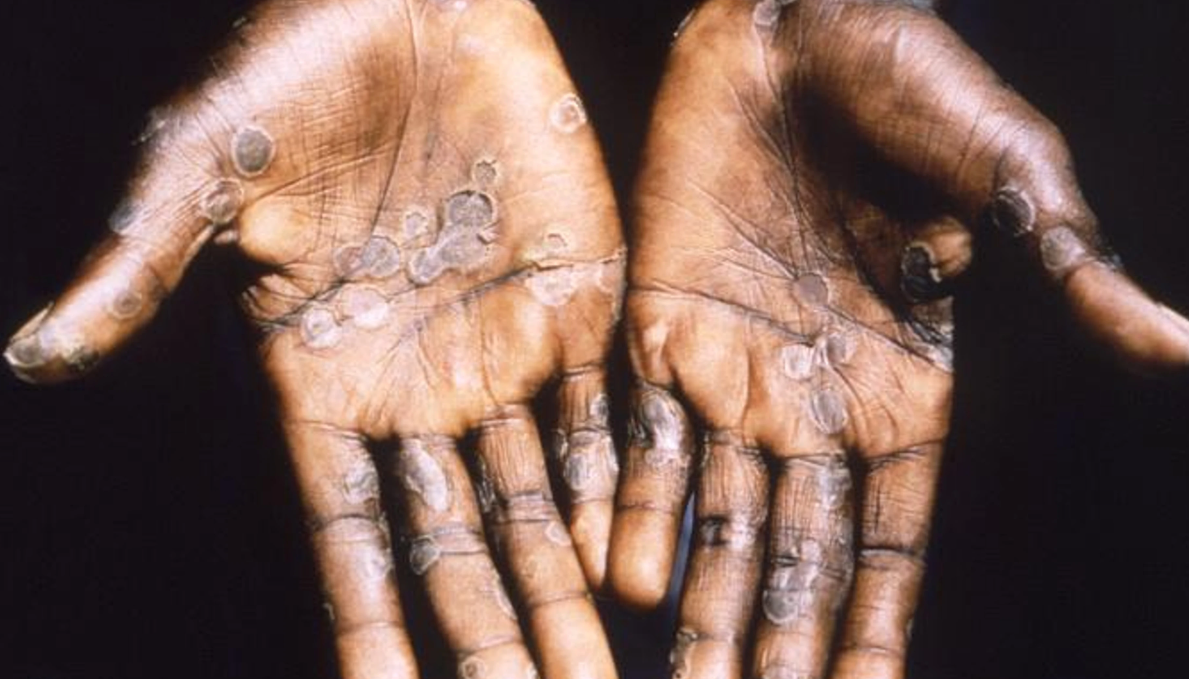![]()
The World Health Organization (WHO) and the Africa Centers for Disease Control and Prevention (Africa CDC) have both declared the Mpox outbreak to be a Public Health Emergency of International Concern. In response, the Ministry of Health in Uganda has issued an urgent call for increased public vigilance.
Apparently, this classification designates the maximum degree of worldwide alertness.
The WHO’s announcement comes amid the virus’s rapid spread throughout Africa, where more than 500 deaths and over 17,000 suspected cases have been recorded so far this year—a startling 160% rise over the same period in 2023.
The largest affected country is the Democratic Republic of the Congo, which accounted for nearly 14,000 cases and 96% of the confirmed cases in August alone. Thirteen African nations—including Burundi, Kenya, Rwanda, and Uganda—have now confirmed the presence of this fatal virus.
Additionally, the seriousness of this epidemic was emphasized by Uganda’s Minister of Health, Dr. Jane Ruth Aceng, who also noted that the new Mpox strain, known as clade Ib, seemed to be more easily transmissible through routine close contact.
“Children under the age of 15 are particularly vulnerable, now accounting for over 70 percent of cases and 85 percent of the deaths in the DR Congo,” she said. The goal of declaring a Public Health Emergency of International Concern is to bring about funds and coordinated global response to contain the outbreak.
Formerly called monkey pox, Mpox is a viral zoonotic illness that causes a characteristic rash and flu-like symptoms. With a mortality rate of up to 10%, this new variety has the potential to be more severe than the majority of cases, which are moderate.
MORE READ: Tamale Mirundi Leaves Behind Controversial Death Wish
The Uganda Virus Research Institute (UVRI) has requested for additional support, especially in the form of test kits, to boost the country’s reaction as the international response to the Mpox outbreak develops.
Furthermore, the UVRI’s director, Prof. Pontiano Kaleebu, stressed the importance of the institute’s role in tracking and managing the virus and called for increased funding to strengthen their capacity to protect the nation.





